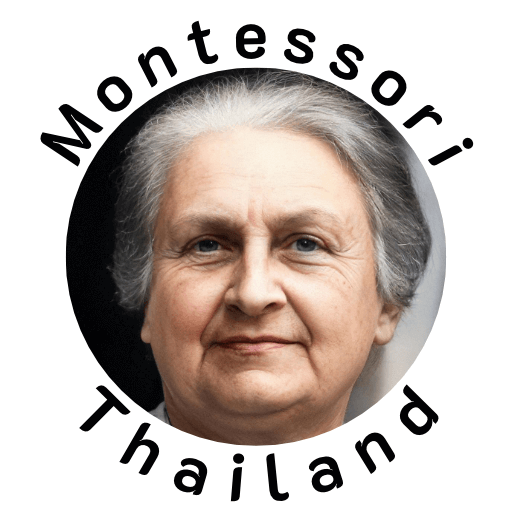
by MontessoriX | 1 Aug 2023 | Glossary
A key principle in Montessori philosophy, Human Tendencies refers to certain predispositions that are considered universal across human beings, irrespective of age, culture, or race.[1] These tendencies have been present since the beginning of the human...

by MontessoriX | 1 Aug 2023 | Glossary
In Montessori education, Help from Periphery refers to the approach of presenting objects and activities in a way that encourages purposeful movement from the child. The periphery here denotes the part of the child that interacts with external reality...

by MontessoriX | 1 Aug 2023 | Glossary
The term “ground rules” is often used in Montessori education to refer to the guiding principles that dictate appropriate behaviour within the classroom. These rules provide a framework for classroom conduct and play an essential role in...

by MontessoriX | 1 Aug 2023 | Glossary
The Great Stories, also known as the Five Great Lessons, are a distinctive part of the Montessori curriculum for children aged 6-12[1]. These narratives aim to instill a sense of wonder about the universe and to provide a broad context to stimulate exploration...

by MontessoriX | 1 Aug 2023 | Glossary
In Montessori education, Grace and Courtesy refers to an integral aspect of Practical Life. This involves lessons that demonstrate positive social behavior, which assist the young child in adapting to a group setting and equip them with the knowledge of...

by MontessoriX | 1 Aug 2023 | Glossary
Freedom Within Limits is a key principle in Montessori education that acknowledges the importance of balancing liberty with structure for effective learning and development.[1] Montessori educators provide children with a range of choices and activities in a...







